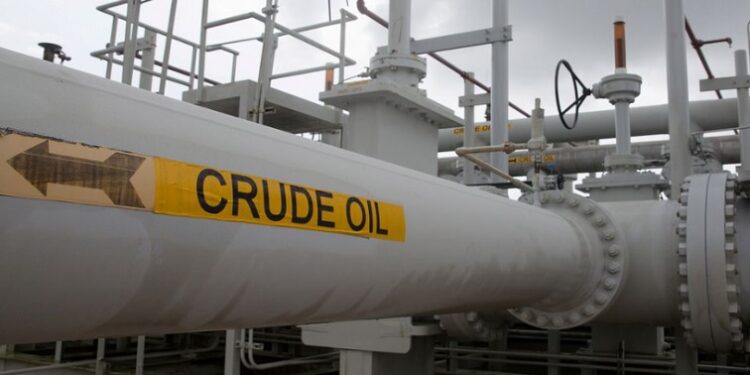
A shortage of oil refineries across sub-Saharan Africa coupled with soaring crude prices because of the war in Ukraine has left countries dangerously short of fuel supplies, disrupting airlines and causing queues at filling stations.
The surge in prices comes in tandem with a spike in the cost of food after Russia sent troops into Ukraine, hitting tens of millions of people already living in precarious conditions, as well as government and aid agency budgets.
Refineries across sub-Saharan Africa combined can process 1.36 million barrels of oil a day (bpd), in theory, but with many out of action, only 30% of that capacity was used last year, according to independent consultancy CITAC.
Refineries in Cameroon, Ghana and Senegal are shut, as are four in South Africa. Africa’s biggest oil producer, Nigeria, pumps over 1.3 million barrels a day, but the two privately owned plants still running there can only process 1% of that.
The African Export-Import Bank and the African Petroleum Producers’ Organisation signed a deal in May to create a multi-billion-dollar “energy bank” to boost private investment in the sector but analysts say there a few quick fixes on the horizon.
Fuel shortages are also hitting Western nations, but the impact in Africa is expected to be longer lasting as governments and companies are generally less able to afford the sky-high cost of imported fuel, or come up with the millions of dollars needed to get refineries running again at full tilt.
“It is likely that the situation may get much worse in the short term,” Anibor Kragha, head of the African Refiners & Distributors Association (ARDA), told Reuters.
Big Western oil companies have been withdrawing from refinery projects in Africa in recent years and local investors and governments have largely failed to plug the gap, leading to a chronic lack of investment in modernising facilities.
- Chamisa under fire over US$120K donation
- Mavhunga puts DeMbare into Chibuku quarterfinals
- Pension funds bet on Cabora Bassa oilfields
- Councils defy govt fire tender directive
Keep Reading
The upshot is that despite the continent’s estimated 125 billion barrels of oil reserves and 600 trillion cubic feet of natural gas, African countries rely almost exclusively on imported petroleum products to power their economies.
Even major crude oil exporters, Nigeria and Angola, depend on imports for almost 80% of their domestic fuel needs, government officials say. – Reuters






